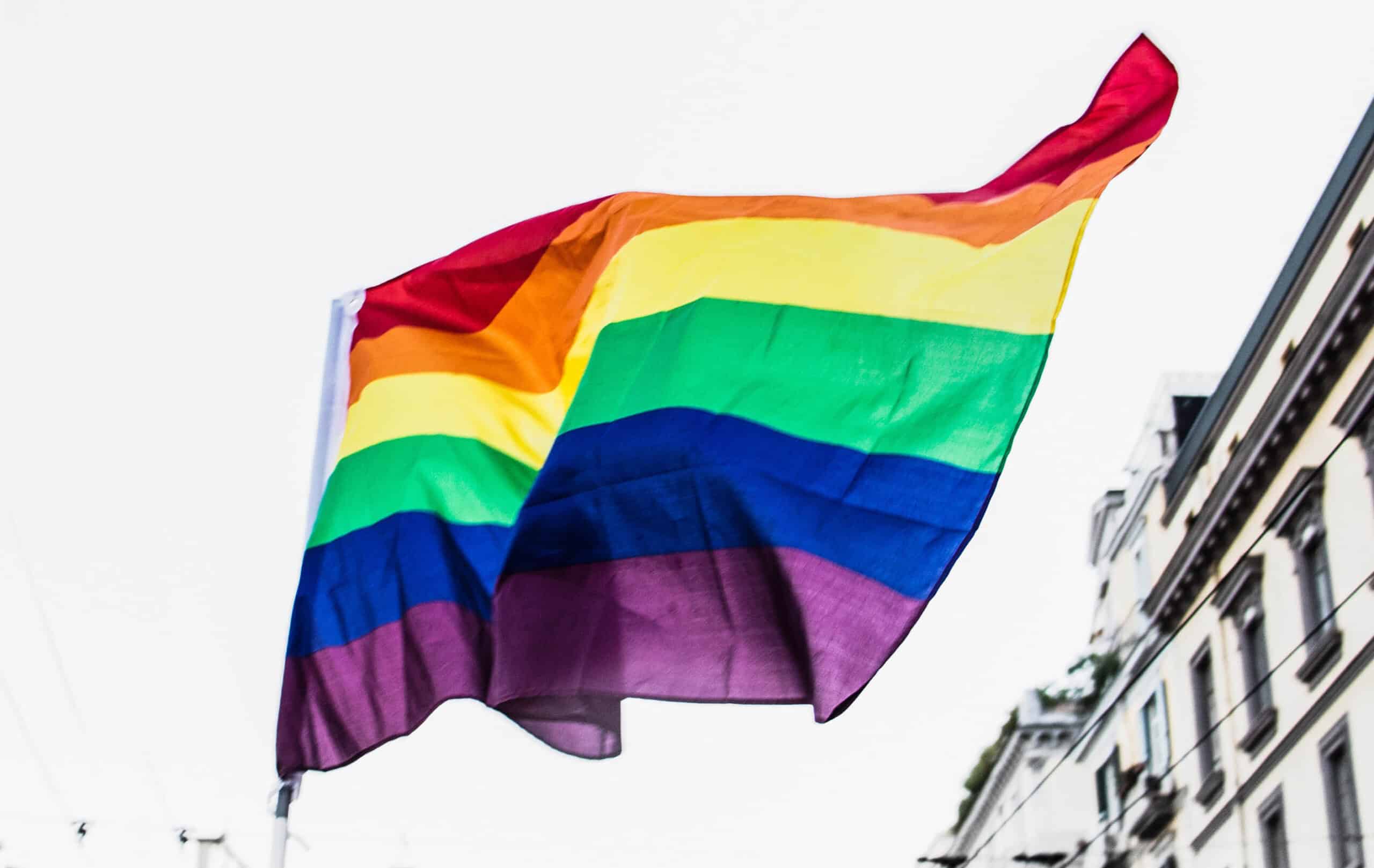Xin Hu and Catherine Flynn, researchers at Monash University in Australia, conducted a study with internatiaonals from across the student body who identified in some way as LGBTQ+.
Using examples of people from all different backgrounds, as well as sexualities and gender identities, Hu and Flynn endeavoured to find out how intersectionality could affect the queer international student experience, as well as outside factors.
Three LGBTQ+ participants from different backgrounds in Asia said it was an issue disclosing their identities when they were “seeking support”.
“I was scared that this was gonna [sic] get recorded somewhere,” said Jackie – a transgender, female-identifying lesbian from South East Asia.
“Jackie felt she had to challenge this internalised censorship and fear by herself, until confidentiality was explained to her after commencing counselling, and perceiving the counsellor to be ‘queer friendly,’” the report said.
One non-binary person who participated in the study – who called themselves Robin – said they were even fearful about being discriminated against by the Australian government when applying for residency in the country. They said it could even just come down to the person review their application.
“During their time as an international student in Victoria, Robin did not disclose their queer identity to campus-based counsellors, although they had multiple counselling sessions,” the report elaborated – they explained further that shame from religious teachings on queer identities may have been part of the reason. Robin had even once considered conversion therapy.
The study found that it wasn’t only about themselves and their interactions with staff and the government that LGBTQ+ students were worried about – some even detailed difficult attitudes among international student peers.
Some students interviewed detailed struggles with their mental health.
While participants described Australia as a more “open culture in which to talk about their mental illness”, those who interact more with peers from their home culture had more trouble.
Ganymede, a gay cisgender male from East Asia, said he felt a “distinction between me and the culture here, that somehow makes me feel often marginalised further because I’m trapped in between”.
“Where there are people who don’t understand me [from my home culture], they will [say], just tough it up […]. And then when I talk to people here […], there’s just one comment on their performance and they will make it like a big deal, and they will have a sick leave tomorrow,”” Ganymede said in the study.
The study also found that students’ experience with straight international student peers can act as a “stressor”.
Jackie shared she uses her new identity with people with whom “she feels safe in Australia”, but selectively uses an old identity – something that can be a traumatic experience – when she is with her own cultural or ethnic group, because of the dominant anti-LGBTQ+ ideologies.
The feeling of being in-between can also impact attempts to find queer communities locally in Australia.
Laura, who describes herself as Thirunangai – a local word in her home country for transgender – said she felt discriminated against by members of the univeristy’s own queer club.
“There was none who I could resonate with or could resonate with me… Descriminated [against through] ageism, and I’m trans, a trans person of colour so… [the message was] you don’t belong here,” Laura told the study.
The system, Ganymede said, meant that different stressor such as financing, visas, study and mental health took a toll – and campus intake staff just pointed him in other directions for certain issues.
During their time as an international student in Victoria, Robin did not disclose their queer identity to campus-based counsellors, although they had multiple counselling sessions
Monash University report
“Because my age is over 25, so there are some organisations who only served younger members.
“It’s hard when you have multiple identities, especially when there’s so many intersections, then instead of being able to find help, perhaps it’s the opposite,” he noted.
The study said there was a “critical need” to review existing policies at universities when it comes to dealing with intersectional needs of LGBTQ+ people on campus, especially those who are international and need “diversifying forms of support”.
“For instance, QIS may need a social space where they feel safe to express their full identities and make social connections, and such information should be visible in faculties that have a high level of IS enrolment.
“Campus-based supports need to build service capacity to address international students’ (IS) social and personal experiences beyond individual academic performance, especially with a focus on the common mental health challenges that IS cohorts experience during the transitioning to the host country. Cultural familiarity and safety is essential when engaging with IS cohorts,” the study added.

